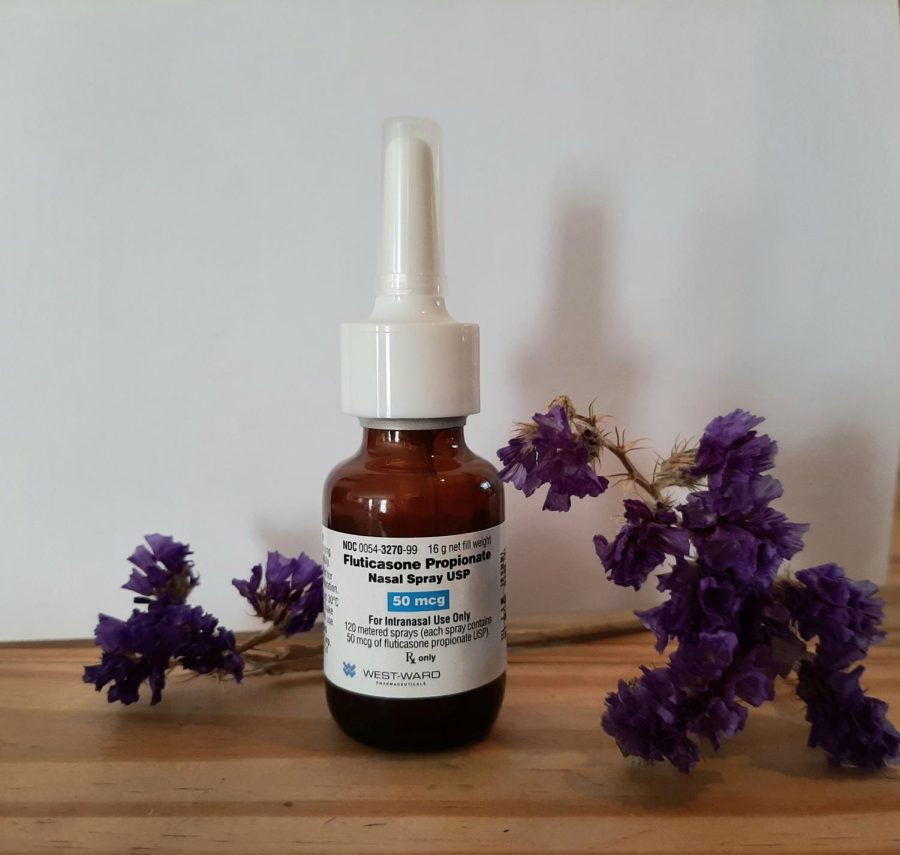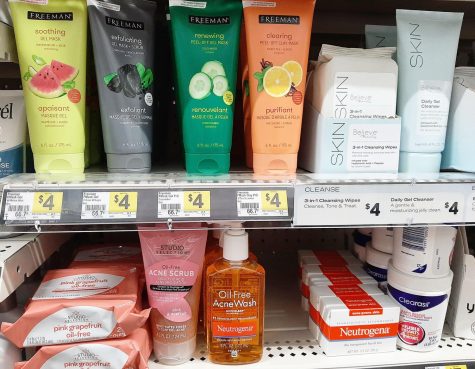Awful Allergens: 6 tips on how to manage allergies
As the weather outside becomes warmer, we are beginning to see the first traces of spring. However, with spring comes something else that isn’t nearly as fun: allergy season.
Allergies occur when the immune system treats a harmless antigen as a threat and attacks it. In short terms, allergies are caused by an overactive immune system. Although allergies are usually genetic, they can occur in everyone from time to time.
People who suffer from spring allergies are usually allergic to pollen, although they can also be allergic to ragweed or mold spores. Common symptoms of allergies include sneezing, itchy or watery eyes, a runny nose, and/or congestion.
Because the amount of pollen in the air is so high, spring can be unbearable for allergies sufferers. Fortunately, there are several solutions to manage and control allergies so that spring can be more enjoyable.
1. Find an allergy medication
One of the best ways to control allergies is to get an allergy medication, also known as an antihistamine. There is a large variety of over the counter medications available at local pharmacies such as CVS or Walgreens. Some of the best over the counter medicines include Zyrtec, Claritin, and Allegra. You can also buy over the counter nasal decongestant sprays or eye drops. However, if you feel that over the counter medications don’t work for you, you can talk to your doctor or allergy specialist and get a prescription tailored to your needs.
2. Limit your time outdoors
Another great way to manage spring allergies is to limit the amount of time you spend outdoors. Try to avoid going outside during the early morning hours because that’s when the amount of pollen in the air is at its highest. Also avoid going outside on windy days or spending the whole day outside. If you need to spend a lot of time outdoors be sure to take some allergy medicine and take breaks by going inside. Wearing sunglasses or a filtering face mask to block allergens is also an option.
3. Avoid bringing allergies inside
After spending time outside, do your best to avoid bringing allergens indoors. When you come back inside, be sure to take a shower and change into new clothes to get rid of any pollen that may still be on you. Also be sure to wash and dry any clothes you wore outside. You can also vacuum, dust or
buy air filters that specifically filter out allergens. Buying an air purifier can also help make the air inside your home more fresh and breathable.
4. Know the pollen counts
Knowing the pollen counts before going outside allows you to know whether or not it’s a good idea to go outside. The pollen count tells you how much pollen is in the air. Pollen counts can range from very low to high. You can check the pollen counts on your phone by looking at a weather app or by simply searching them up. You can also go to www.aaaai.org to check the pollen counts as well as finding great information regarding allergies.
5. Change your diet
Adding foods that are rich in vitamin C, anti-inflammatories, or omega 3 can be really beneficial when it comes to reducing allergies. Some good examples of foods to add to your diet include citrus fruits, honey, ginger, tomatoes, and fish.
6. Get medical help if needed
If spring allergies have gotten to the point where they are affecting your everyday life in a negative way, try talking to your doctor or allergy specialist. As mentioned above, your doctor or allergy specialist can help you get a prescription allergy medication. They can also give you more information regarding your allergies and find great ways to control them.
Overall, spring doesn’t have to be a tough season for allergy sufferers. Take a few steps to prevent them and allow you to truly enjoy spending time outdoors.












